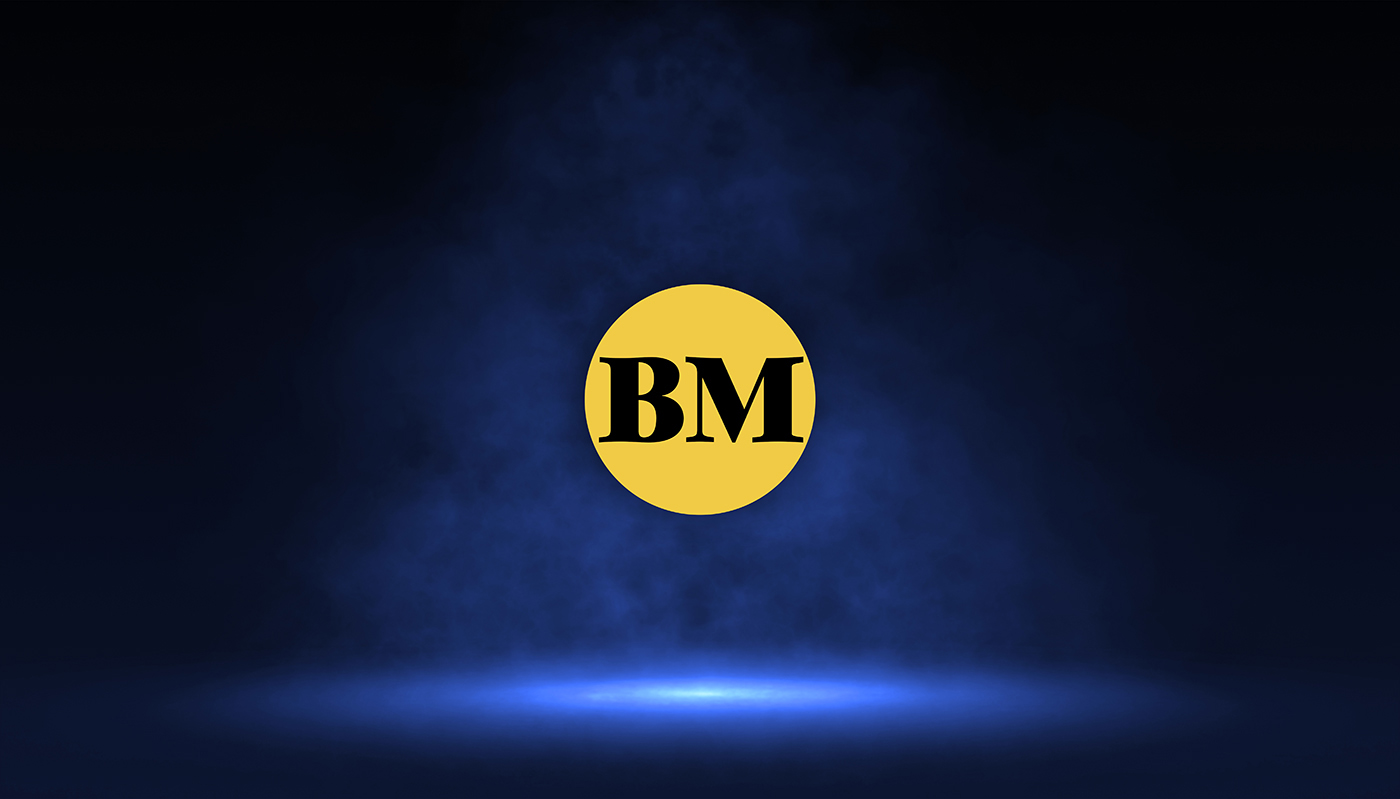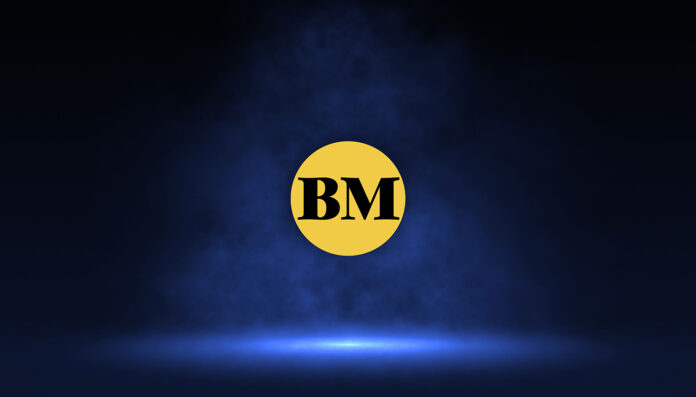
he Philippines and Indonesia are working on a memorandum of understanding (MOU) to help Philippine exporters comply with Indonesia’s Law 33/2014 on Halal Product Assurance that has recently took effect. The MOU, now on its final stages, will facilitate trading of halal-certified goods through a government-to-government arrangement.
| Products | Start Date | Deadline to Comply |
| Food and beverages | 17 October 2019 | 17 October 2024 |
| Traditional medicines and health supplements, cosmetics and other chemical and genetically modified products | 17 October 2021 | 17 October 2026 |
| Over the counter medicine | 17 October 2021 | 17 October 2029 |
| Hard medicine | 17 October 2021 | 17 October 2034 |
| Wearable items, household and health supplies, household equipment, worship equipment for Muslims, food and beverage packing, stationery, and office supplies | 17 October 2021 | 17 October 2026 |
| Medical equipment classified in risk category A | 17 October 2021 | 17 October 2026 |
| Medical equipment classified in risk category B | 17 October 2021 | 17 October 2029 |
“This G2G agreement is part of DTI’s ongoing efforts to make the Philippines a trusted source for halal products. Through exporting in predominantly Muslim countries like Indonesia, we can also help Filipino businesses pivot to this new market,” said DTI Undersecretary Abdulgani Macatoman.
Indonesia’s Law 33/2014 requires all halal products for export to Indonesia to be registered with the Halal Products Certification Agency (BPJPH), a new government agency under the Ministry of Religious Affairs. To get a BPJPH certification, products must first be certified by a Halal Certification Body from the country of origin acknowledged by the BPJPH. The law regulates the processing, materials, and certification of halal products, in addition to Indonesia’s efforts in establishing partnerships with international halal agencies.
With the implementation of the law, Philippine exporters of the following products shall comply with the halal certification requirements on the following dates:
Jeremiah Reyes, Philippine International Trading Center Jakarta Commercial Attaché, said that “the MOU draft between the DTI and Indonesia’s Halal Product Assurance Organizing Agency is already final, pending the confirmation and/or any additional comments from the Indonesian side. So, we see this being signed as soon as possible.”
Once the MOU is signed, a Mutual Recognition Agreement (MRA) will allow halal accreditation bodies in the two countries to recognize each other and eliminate the need for repeated conformity assessments.
The said MRA will be facilitated by the Philippine Accreditation Bureau (PAB) as mandated by Republic Act 10817 also known as Philippine Halal Export Development and Promotion Act of 2016. It is hereby empowered to: (a) formulate accreditation policies and guidelines which shall govern the accreditation of halal certification bodies; and (b) grant or deny accreditation of halal certification bodies and suspend or withdraw such accreditation in accordance with established policies and guidelines.
With more than 200 million Muslim consumers in Indonesia, the Philippines is strengthening its policies and programs on halal as it envisions to be a respectable player in the Global Halal ecosystem.
For queries and clarifications, please contact: [email protected]; [email protected]
About the DTI-Export Marketing Bureau (DTI-EMB):
The DTI-EMB is mandated to oversee the development, promotion, and monitoring of Philippine exports. The EMB provides the exporters the enabling environment to make them globally competitive.
Web site: http://tradeline.dti.gov.ph/
Facebook: facebook.com/dti.export E-mail: [email protected]
Read full article on BusinessMirror

